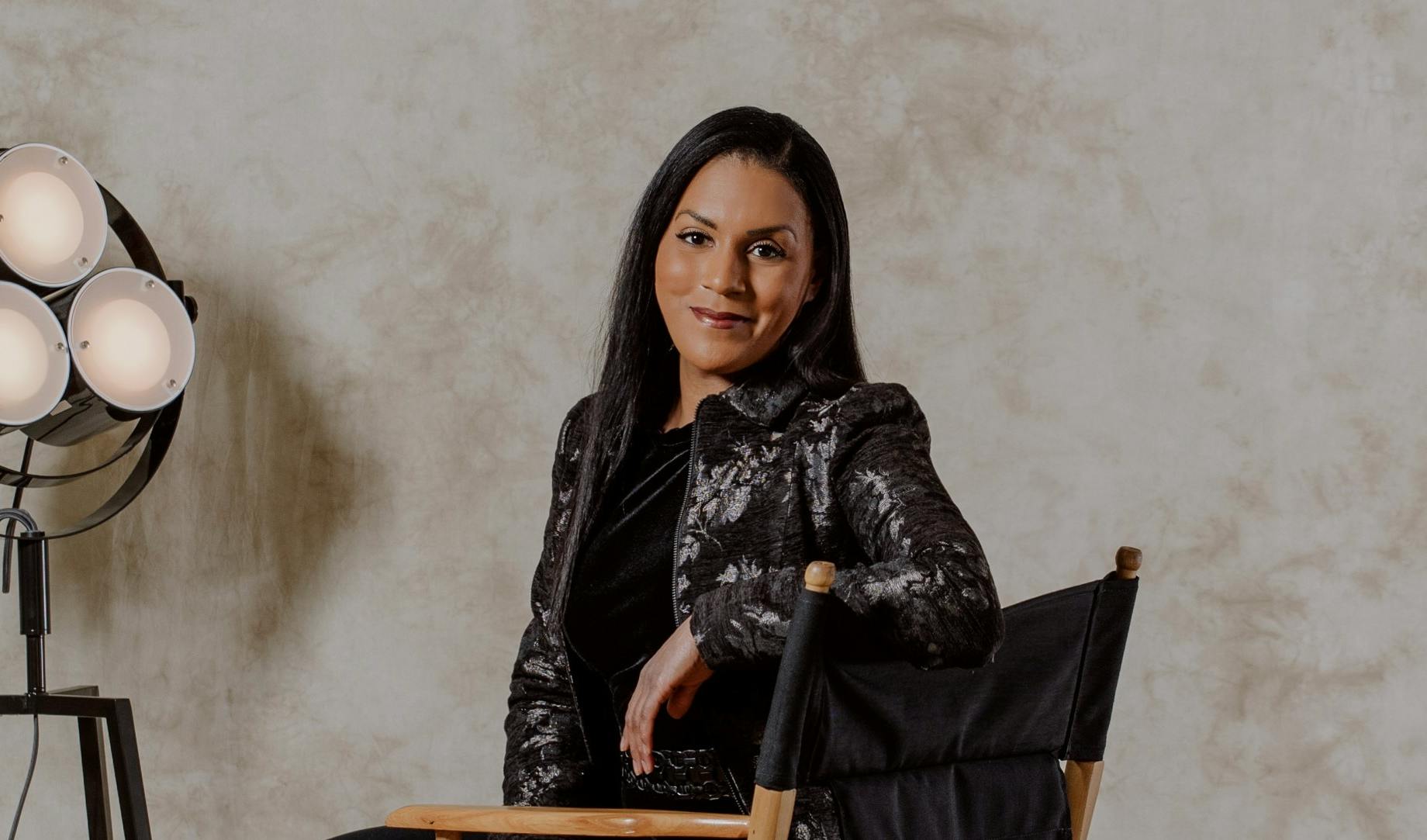
Why investment trust boards must understand digital platforms | Heather Hopkins, Mercantile Investment Trust Plc NED
Recently appointed Non-Executive Director of Mercantile Investment Trust Plc, Heather Hopkins, shares her insights on the role of digital platforms for investment trusts, her Nurole experience and how she would invest £10,000.
In a career spanning Toronto, Boston, Tokyo and London, Heather Hopkins is a data and research expert specialising in retail investment distribution. Heather is the MD and Founder of NextWealth. She also serves as Vice-Chair of The Investment Network and the Schroders UK Platform Awards. Heather was most recently the head of Platforum, a market-research firm servicing the UK platform market. Prior to that she was the head of research for Hitwise, an internet data analytics company. Heather also serves on the board of directors of The Open String Foundation, which provides classical instruments to children in poverty around the world. She organises the Women in Investments meet-up in London, which supports female leaders in the investment industry. She was named “Team Leader of the Year” by Investment Week in 2017.
Through Nurole, Heather was appointed to the board of the Mercantile Investment Trust Plc.
Best Advice
Why do investment trusts need board members who understand digital platforms?
Having a board with expertise in running a trust and money is only one part of the equation that investment trusts need to master to succeed. It’s also critical to understand your customers and today those customers are increasingly making their decisions online through platforms. Given the choices available on platforms for investing directly in shares, pooled investment funds (such as open-ended investment companies (“OEICs”), investment trusts and exchange traded funds (“ETFs”)) and other asset classes, if your board does not have a clear handle on the dynamics of that customer decision making process, you will get left behind.
What are the questions investment trust board members must ask about digital platforms?
Investment trust boards must be clear about their distribution strategy. A good distribution strategy should not just focus on institutional investors but also consider the retail opportunity - both those coming direct through “execution only” platforms and those through intermediated “financial adviser” channels.
The direct “execution only” channel is dominated by Hargreaves Lansdown in the UK but it is risky to rely solely on them, especially as their current strategy is to simplify choices for consumers, which doesn’t bode well for investment trusts which many have deemed complex products (unlike with OEICs, investors in investment trusts have to get their heads around the concept of a discount or premium to NAV as well as the impact of leverage). There is an opportunity to focus on some of the fast growing challengers like Interactive Investors and AJ Bell who often get treated as an afterthought because everyone is focused on Hargreaves Lansdown.
It’s also worth considering the rise of disruptive start-ups such as Nutmeg, Wealthify and Scalable Capital who are catering to more passive investors. Vanguard has been hugely successful in the US with a hybrid execution and advice model - while they aren’t currently offering advice in the UK, they are definitely one to watch. The financial adviser intermediated channel is an interesting one where OEICs have traditionally done much better than investment trusts because of the commission structure, but with regulation making that more transparent there is an opportunity for investment trusts to take advantage. The major constraint is capacity - with only 22,000 advisers who can each only cover 150 clients, advisers focus on the higher net worth customers.
What are the key points of influence in fund selection that investment trust boards should understand?
From the platforms I’ve spoken with, I am hearing that assets invested in investment trusts have been declining since the introduction of MiFID II in January 2018. Direct investors are being frightened off by the complexity and advisers are increasingly using model portfolios that aren’t well suited to holding investment trusts. It’s key for investment trust boards to understand how best to navigate this. That means talking to the market including both the ratings agencies and the research houses as well as lobbying trade bodies on how compliance and research teams at platforms interpret MiFID II. Finally, they need to give advisers the tools to explain investment trusts to investors.
As an industry we are guilty of using language which alienates consumers (OEICs, MiFID, ETF are just a few basic examples!). If you look at the current trends in banking where startups like Starling, Monzo and Revolut are highlighting where the traditional banks have failed to satisfy their customer needs, it’s instructive for investment trust boards. Simplified communications delivered through press coverage is a powerful formula when done well.
What do you think most investment trusts are not doing that they should be?
A simple but effective thing more investment trusts could do is offer a cheat sheet for financial advisers helping them explain the investment trust model to customers - any explanation has to cover the key points (e.g. that an investment trust share price is based on the demand for the investment trust not the underlying holdings) but should not overwhelm them with complexity.
What’s the best professional advice you ever received?
Don’t underestimate yourself. Everyone suffers “imposter syndrome” to some degree. I once had a client who didn’t want to work with me because I am a woman. I was devastated but my boss at the time was an incredibly bright, articulate and successful individual who had been through similar experiences on account of his ethnicity. I had never given it thought because he always seemed so effortlessly successful but it helped me keep things in perspective.
Also, ask for help. It never ceases to amaze me how incredibly generous people are when you do.
Your Nurole Experience
How did you hear about Nurole?
I was recommended by someone for the Mercantile Trust role.
How have you found the experience as a member?
Fantastic - it’s well organised with clear instructions and very responsive. Overall, a really positive experience and I have recommended several people. I particularly love how it opens opportunities to people who might never otherwise be considered.
About You - 10 Question Quick Fire
3 words the person who has worked most with you would use to characterise you?
Optimistic, hard-working, perpetual networker.
Favourite book?
MaddAddam, Margaret Atwood.
Favourite restaurant?
Home, Putney.
Favourite quote?
“We always overestimate the change that will occur in the next two years and underestimate the change that will occur in the next ten. Don't let yourself be lulled into inaction.” - Bill Gates.
Favourite holiday?
6 week sailing in Desolation Sound, Canada.
Greatest passion?
Understanding the drivers of customer behaviour.
Favourite app?
Ocado.
Professional achievement of which you are most proud?
Winning my first client in my new business.
When does your alarm go off and how many hours of sleep do you have on average?
Alarm goes off at 07:15 after an average of 7.5 hours of sleep.
Best idea for a £10,000 investment?
The Mercantile Investment Trust of course!
If you are looking for non-executive director roles, Nurole's innovative recruitment platform can help.






